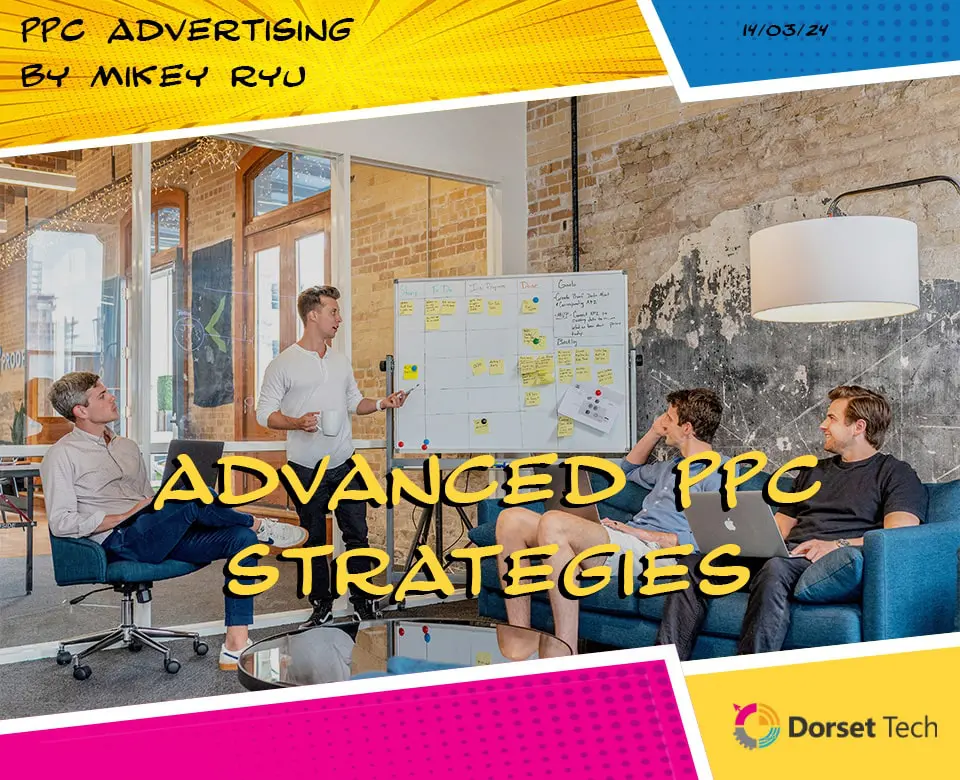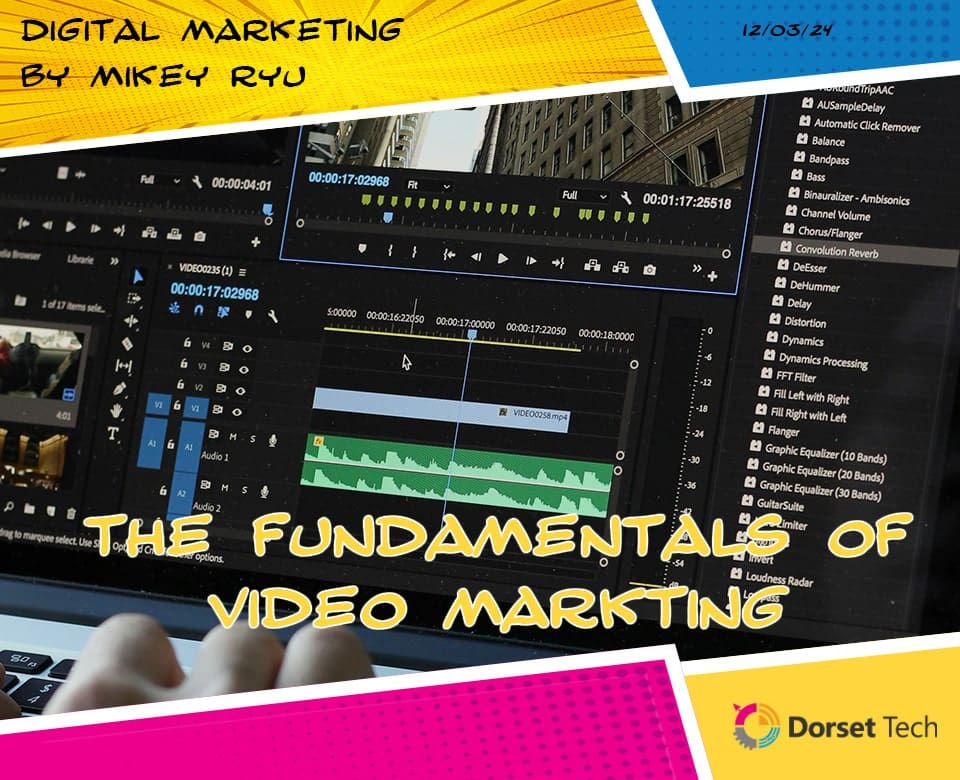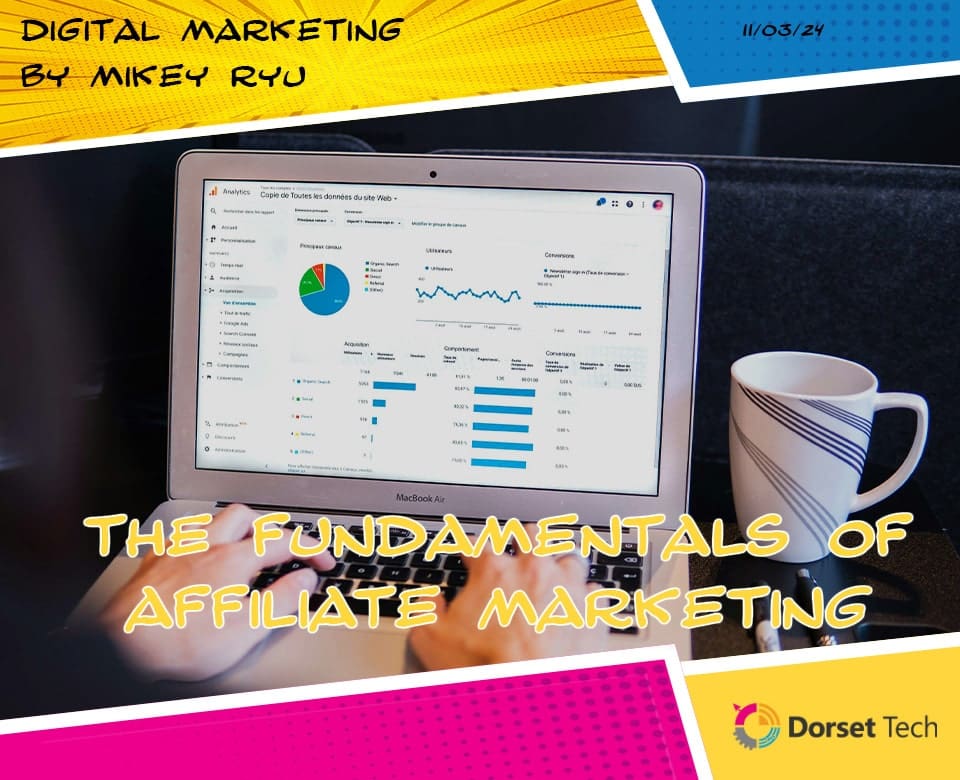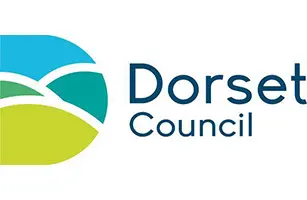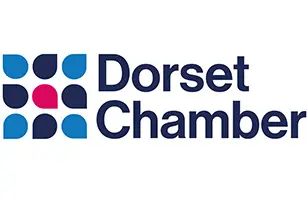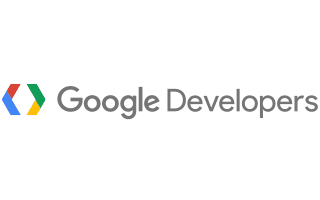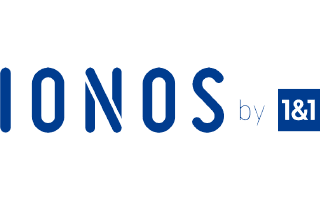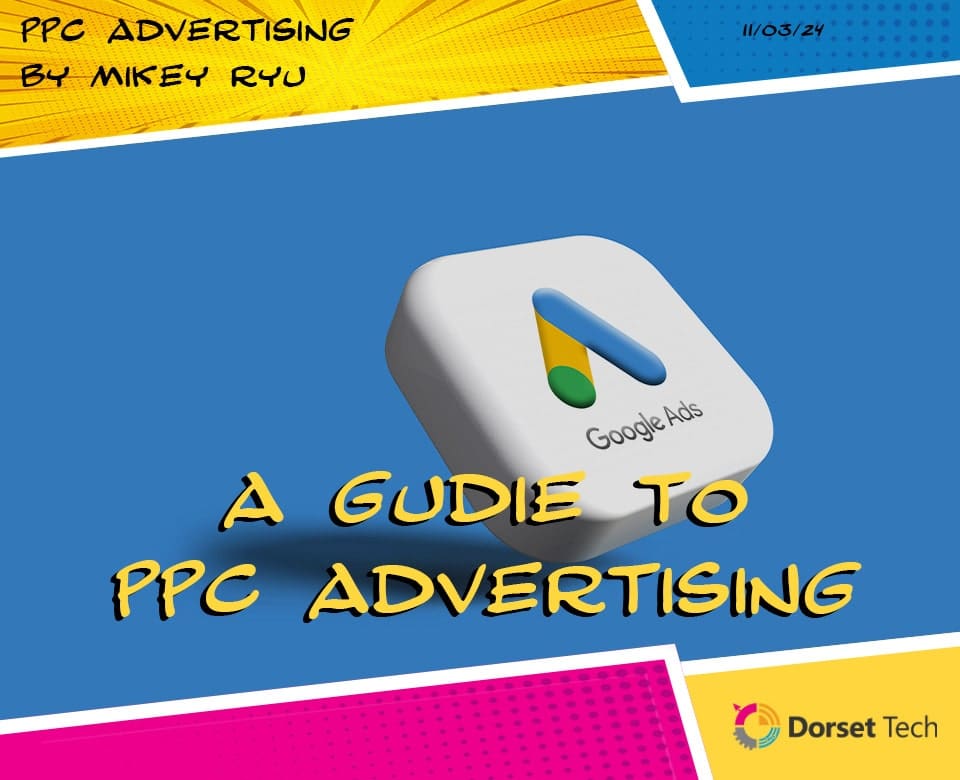
A Comprehensive Guide to PPC Advertising
In the world of digital marketing, Pay-Per-Click (PPC) advertising stands as a powerful tool for businesses aiming to expand their online reach, drive targeted traffic to their websites, and boost conversions. With the right approach, PPC campaigns can deliver impressive results and a significant return on investment (ROI). In this comprehensive guide, we’ll explore the ins and outs of PPC advertising, from understanding the basics to implementing advanced strategies that will help you achieve your business objectives.
Understanding PPC Advertising
PPC advertising is a model where advertisers pay a fee each time their ad is clicked. It’s a way of buying visits to your site rather than attempting to “earn” those visits organically. PPC platforms, such as Google Ads and Bing Ads, allow businesses to bid on keywords relevant to their target audience and create ads that appear on search engine results pages (SERPs) and other online platforms.
Why PPC Matters
PPC advertising offers several benefits for businesses:
Instant Visibility:
With PPC ads, you can achieve instant visibility in search results and target potential customers actively searching for products or services like yours.
Highly Targeted:
PPC platforms offer advanced targeting options, allowing you to reach your ideal audience based on factors such as location, demographics, interests, and search intent.
Measurable Results:
PPC campaigns provide detailed performance metrics, allowing you to track clicks, conversions, and ROI accurately. This data enables you to optimise your campaigns for better results over time.
Flexible Budgeting:
Unlike traditional advertising methods, PPC allows you to set your budget and control how much you spend on advertising each day. You can adjust your budget and bids in real-time to maximise your ROI.
Key Components of a Successful PPC Campaign
To launch a successful PPC campaign, you need to pay attention to the following key components:
Keyword Research:
Conduct thorough keyword research to identify relevant keywords with high search volume and low competition. Use keyword research tools like Google Keyword Planner, SEMrush, or Ahrefs to discover profitable keywords for your campaigns.
Ad Copy and Creatives:
Create compelling ad copy and visuals that resonate with your target audience and encourage them to click on your ads. Highlight unique selling points, promotions, or special offers to entice users to take action.
Landing Page Optimisation:
Ensure that your landing pages are optimised for conversions and provide a seamless user experience. Tailor your landing pages to match the messaging and offer presented in your ads and include clear calls-to-action (CTAs) to guide users towards conversion.
Ad Targeting and Segmentation:
Utilise advanced targeting options to reach your ideal audience based on demographics, interests, and search intent. Segment your audience into specific groups and create tailored ad campaigns for each segment to improve relevance and performance.
Bid Management:
Set your bids strategically to maximise your ad placement and achieve the best possible ROI. Monitor your bids regularly and adjust them based on performance data and competition levels.
Ad Extensions:
Take advantage of ad extensions to provide additional information and incentives to users. Extensions like site links, callouts, and location extensions can enhance your ads’ visibility and attract more clicks.
Tracking and Analytics:
Implement conversion tracking to measure the effectiveness of your PPC campaigns accurately. Use tracking tools like Google Analytics or conversion tracking pixels to monitor conversions, track user behaviour, and optimise your campaigns for better results.
Advanced PPC Strategies
Once you’ve mastered the basics of PPC advertising, you can explore advanced strategies to take your campaigns to the next level:
Remarketing:
Target users who have previously visited your website or interacted with your brand but haven’t converted yet. Remarketing allows you to stay top-of-mind and re-engage potential customers with tailored ads and offers.
Dynamic Ads:
Use dynamic ad campaigns to automatically generate personalised ads based on the user’s browsing history, interests, and behaviour. Dynamic ads can significantly improve ad relevance and drive higher engagement and conversions.
Audience Targeting:
Utilise audience targeting options to reach specific groups of users based on their interests, behaviours, or demographics. Experiment with different audience segments and ad creatives to identify high-performing audiences and optimise your targeting strategy accordingly.
Ad Testing and Optimisation:
Implement A/B testing to experiment with different ad variations and identify the most effective messaging, visuals, and CTAs. Continuously optimize your ads based on performance data to improve click-through rates (CTR) and conversion rates over time.
Cross-Channel Integration:
Integrate your PPC campaigns with other marketing channels, such as social media, email, and content marketing, to create a cohesive and integrated marketing strategy. Coordinate messaging and offers across channels to maximise reach and engagement.
Measuring Success and ROI
To measure the success of your PPC campaigns and calculate ROI, track key performance metrics such as:
Click-Through Rate (CTR):
The percentage of users who click on your ads after seeing them.
Conversion Rate:
The percentage of users who complete a desired action, such as making a purchase or filling out a form, after clicking on your ads.
Cost Per Click (CPC):
The average cost you pay for each click on your ads.
Return on Ad Spend (ROAS):
The revenue generated from your PPC campaigns is divided by the total ad spend.
Quality Score:
A metric used by PPC platforms to evaluate the relevance and quality of your ads and landing pages. A higher quality score can lead to lower CPCs and better ad placements.
By analysing these metrics and optimising your campaigns based on performance data, you can improve your PPC advertising strategy and achieve a higher ROI over time.
Creating a PPC Strategy
Developing a well-defined PPC strategy is crucial for the success of your advertising campaigns. Here’s a step-by-step guide to help you create an effective PPC strategy:
Set Clear Goals:
Start by defining clear and measurable goals for your PPC campaigns. Whether your objective is to increase website traffic, generate leads, or drive sales, having specific goals will guide your strategy and help you measure success.
Understand Your Audience:
Gain a deep understanding of your target audience, including their demographics, interests, and online behavior. Use this information to create highly targeted ad campaigns that resonate with your audience and address their needs and pain points.
Keyword Research:
Conduct thorough keyword research to identify relevant keywords that align with your business offerings and target audience. Use keyword research tools to discover high-volume keywords with low competition and incorporate them into your ad campaigns.
Competitor Analysis:
Analyse your competitors’ PPC strategies to identify opportunities and areas for differentiation. Study their ad copy, landing pages, and targeting techniques to gain insights into what works in your industry and how you can stand out from the competition.
Budget Allocation:
Determine your advertising budget and allocate it strategically across different campaigns and ad groups. Consider factors such as keyword competitiveness, audience targeting, and campaign objectives when setting your budget to maximise ROI.
Ad Copy and Creatives:
Create compelling ad copy and visuals that grab users’ attention and encourage them to click on your ads. Highlight unique selling points, promotions, or special offers to entice users to take action.
Landing Page Optimisation:
Optimise your landing pages for conversions by ensuring they are relevant, user-friendly, and aligned with your ad messaging. Include clear calls-to-action (CTAs) and remove any distractions that may deter users from completing the desired action.
Ad Targeting and Segmentation:
Utilise advanced targeting options to reach your ideal audience based on demographics, interests, and search intent. Segment your audience into specific groups and create tailored ad campaigns for each segment to improve relevance and performance.
Bidding Strategy:
Develop a bidding strategy based on your campaign objectives and budget constraints. Choose between manual and automated bidding strategies and adjust your bids regularly based on performance data and competition levels.
Ad Extensions:
Take advantage of ad extensions to provide additional information and incentives to users. Extensions like site links, callouts, and location extensions can enhance your ads’ visibility and attract more clicks.
Tracking and Analytics:
Implement conversion tracking to measure the effectiveness of your PPC campaigns accurately. Use tracking tools like Google Analytics or conversion tracking pixels to monitor conversions, track user behaviour, and optimise your campaigns for better results.
Testing and Optimisation:
Continuously test different ad variations, targeting options, and bidding strategies to identify what works best for your business. Monitor key performance metrics and optimise your campaigns based on performance data to improve ROI and achieve your goals.
By following these steps and developing a comprehensive PPC strategy, you can create highly effective advertising campaigns that drive targeted traffic, generate leads, and boost conversions for your business. Remember to stay agile and adapt your strategy based on changing market dynamics, consumer behaviour, and performance data to maximise your success in the competitive world of PPC advertising.
Conclusion
PPC advertising offers businesses a powerful way to expand their online presence, attract targeted traffic, and drive conversions effectively. By understanding the fundamentals of PPC advertising and implementing advanced strategies, you can create highly effective campaigns that deliver impressive results and a significant return on investment. Remember to continuously monitor your campaigns, track key metrics, and optimise your strategy based on performance data to maximise your success in the ever-evolving world of PPC advertising.


